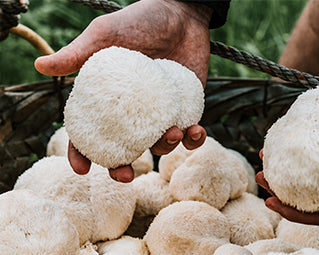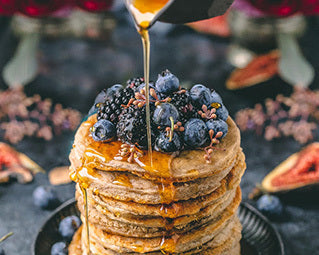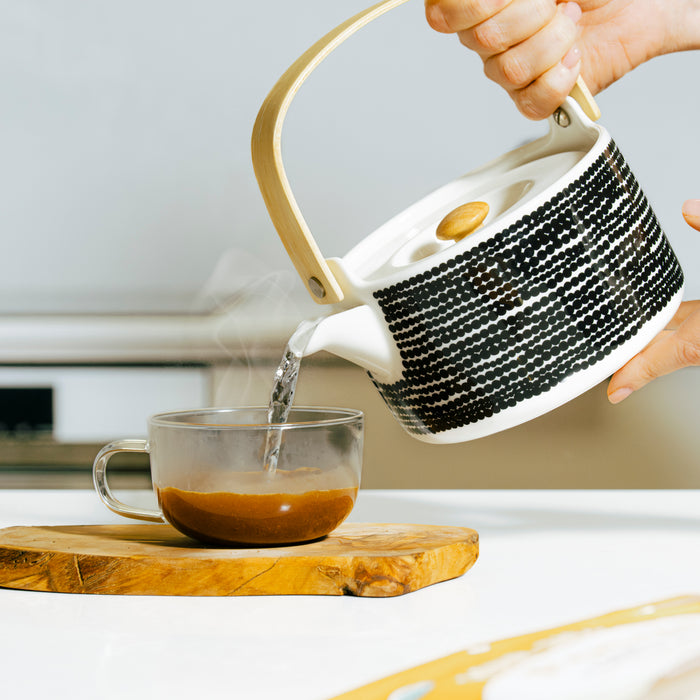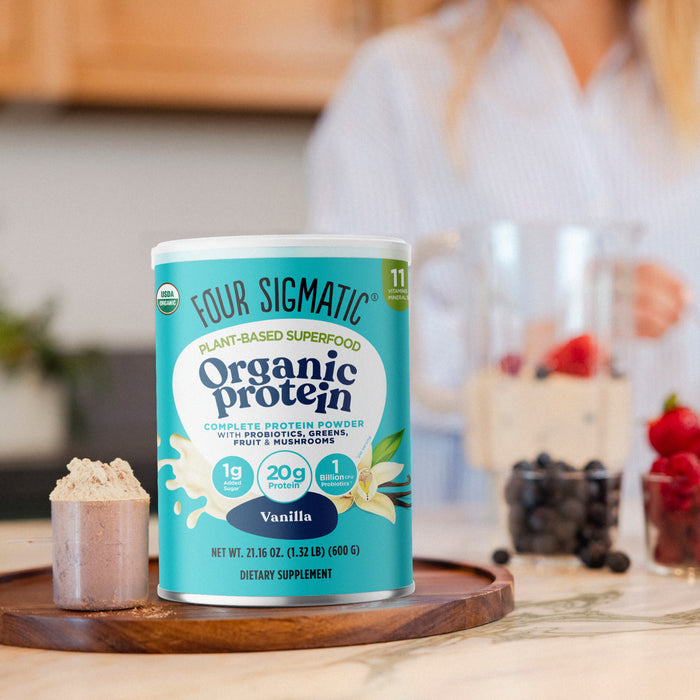The most wonderful feature of chaga is its antioxidant properties. It’s loaded with antioxidants–about 1,300x more than blueberries. This helps support your immune system and overall wellbeing. (But you’ll notice it first with your hair, nails, and skin!).
What makes chaga even more amazing is its abundance of melanin. This is the pigment that gives color to our skin, hair, and eyes. Melanin acts like a shield. It protects our skin from the harmful effects of oxidative stress like sun damage.
But that's not all! Chaga has a triple threat for your immune system with beta-glucans, antioxidants, and triterpenes. 🦠 With special compounds, like Inonotus obliquus polysaccharides (IOPS), chaga can help combat stress on a cellular level. One study found that these superhero polysaccharides from Chaga can slow down cell death and keep our mitochondria, the powerhouse of our cells, alive longer. So, chaga is not only an antioxidant powerhouse. It's also a stress-fighting, age-defying champion for our wellness!
Tips for use: Consider chaga your daily bodyguard.
- Add to your coffee, tea or smoothie to support your immune system.
- It's best sipped daily to keep your guard up. The benefits build over time!
- Start with 500mg a day of extracted, fruiting body chaga mushrooms
If you have specific questions about a health condition be sure to talk to your healthcare practitioner (dietitian, doctor, naturopath, or herbalist) for medical advice.
To learn more about the benefits of chaga, check out our blog Deepdive on the Benefits of Chaga Mushrooms.
2. Where do Chaga mushrooms grow?
Chaga grows in colder climates in the Northern Hemisphere on birch trees. It is a black-gold mushroom that grows for 10–20 years on a birch tree into a hard, woody mass.
It will grow on maple or ash trees, but it’s important to get it from birch trees for the most benefits. Most chaga mushroom powder you can buy is grown in Scandinavia, Russia, Siberia, Canada, or the United States. You can also find chaga in your local park or forest if you live in a cooler climate.
Tips for sourcing: Chaga gets all its nutrients from what it's growing on
- Avoid chaga grown on grains. Substrates like oat or rice don’t provide chaga mushrooms with the same nutrients as birch trees
- Make sure it's organic! As a bio-accumulator, chaga will absorb pesticides like a sponge
- Wildharvested means the chaga was taken right from nature rather than grown on logs
Curious how to forage for chaga? Come harvest chaga with us here.
3. What does chaga mushroom taste like?
It really does taste like coffee! It’s earthy and slightly bitter, but still smooth. It’s much less bitter than reishi. I’ve heard people say it tastes like a campfire or medium-roast coffee. ☕
Tips for taste: Chaga gets all its nutrients from what it's growing on
- Replace or combine with other bitter foods like chocolate or coffee like our Protect Organic Coffee
- Hide the flavor in the natural sweetness of monk fruit and real vanilla beans in our Sweet Vanilla Protein
4. Does Chaga have caffeine?
Chaga does not have caffeine and will not keep you awake. It has adaptogenic properties and can help your body adapt to stress and calm down. It’s good to drink chaga at any time of the day.
Of course, Four Sigmatic Ground Coffees that have chaga will have caffeine in them. So if you’re trying chaga for the first time in a coffee, I recommend drinking that in the morning or early afternoon.
5. Are chaga mushrooms psychedelic (and legal)?
Chaga is not a psychedelic mushroom. But they’re still magical to us! Chaga is a functional mushrooms. These types of mushrooms are known for thier (totally legal) health benefits. No hallucinations required.
Chaga is not on the World Anti-Doping Agency’s (WADA) list and is legal all around the world. Functional mushrooms have been used over 5,000 years so it is very unlikely that they will ever make the list or become illegal.
6. Which Chaga recipes are good?
Well, chaga “tea” really tastes like coffee, so I like adding it to any recipe that would use coffee, from a latte to a smoothie. Heck you can even make ice cream or “nice” cream with it in it!

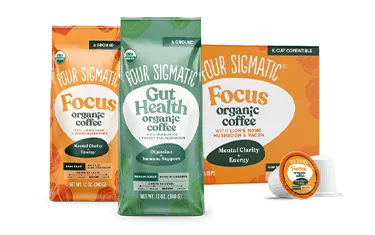 Coffees
Coffees
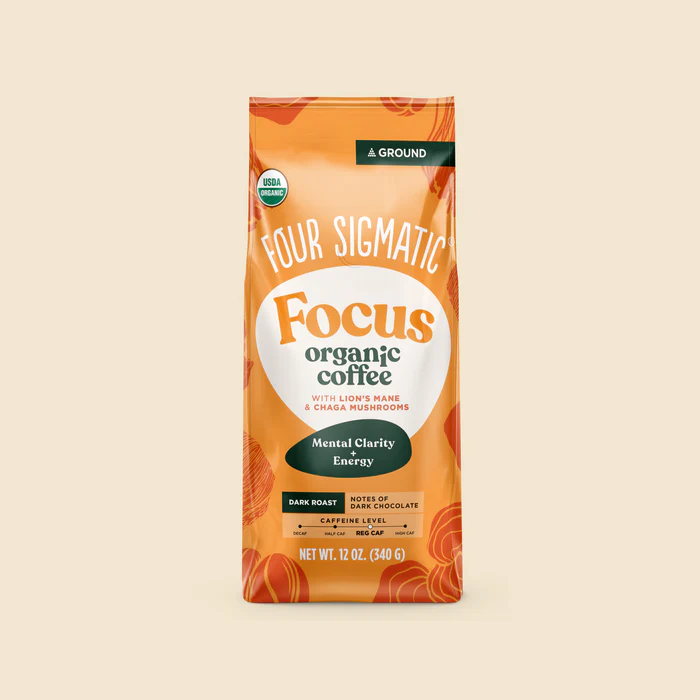
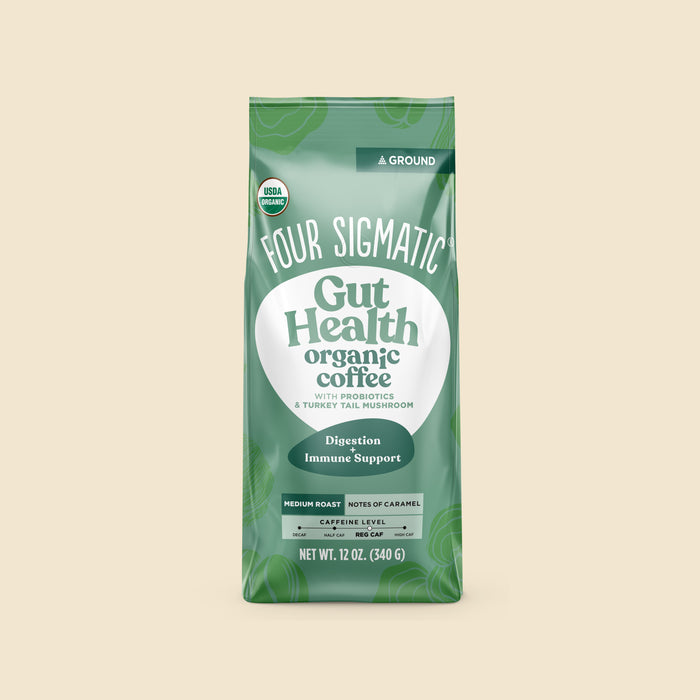

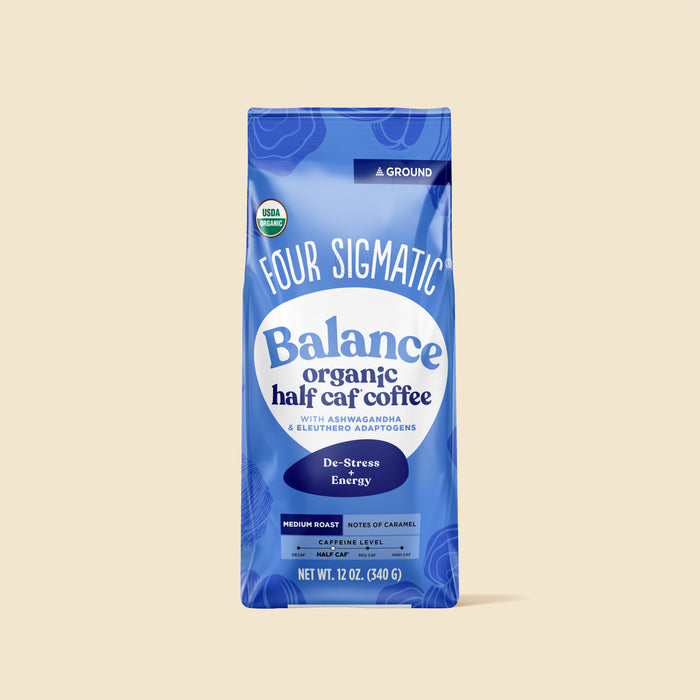

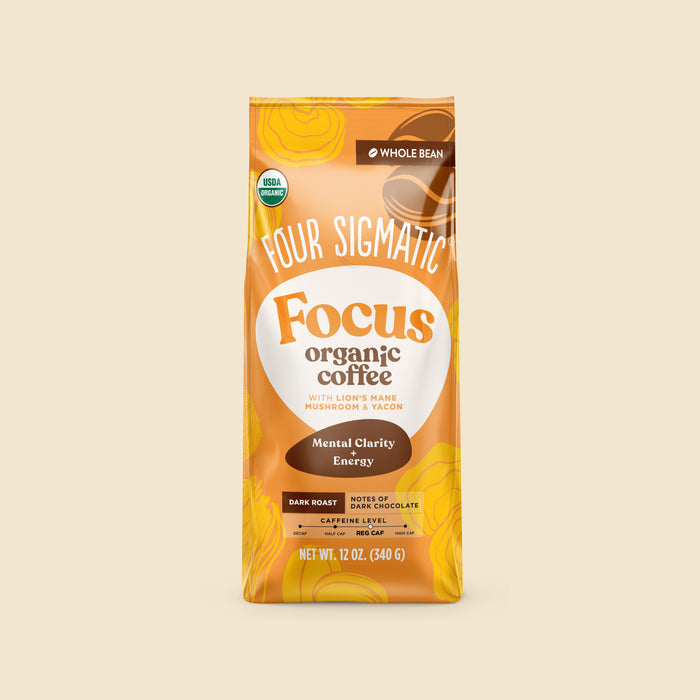
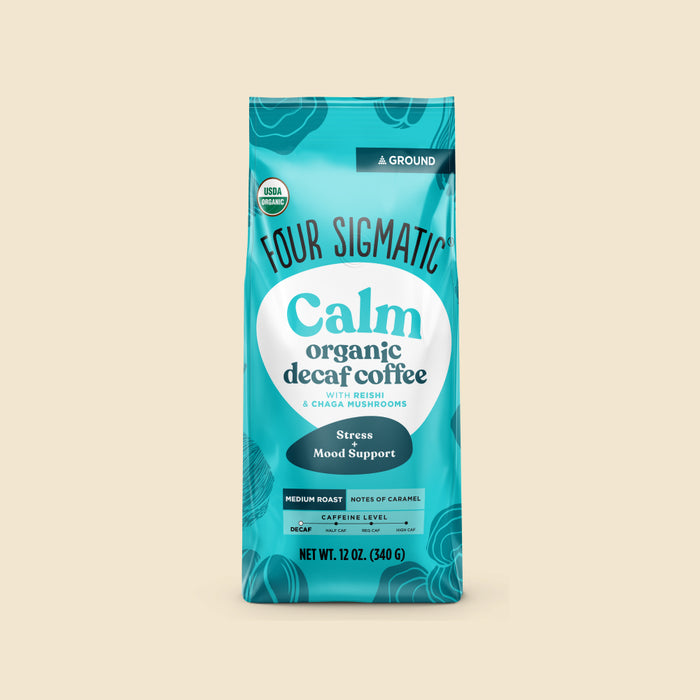
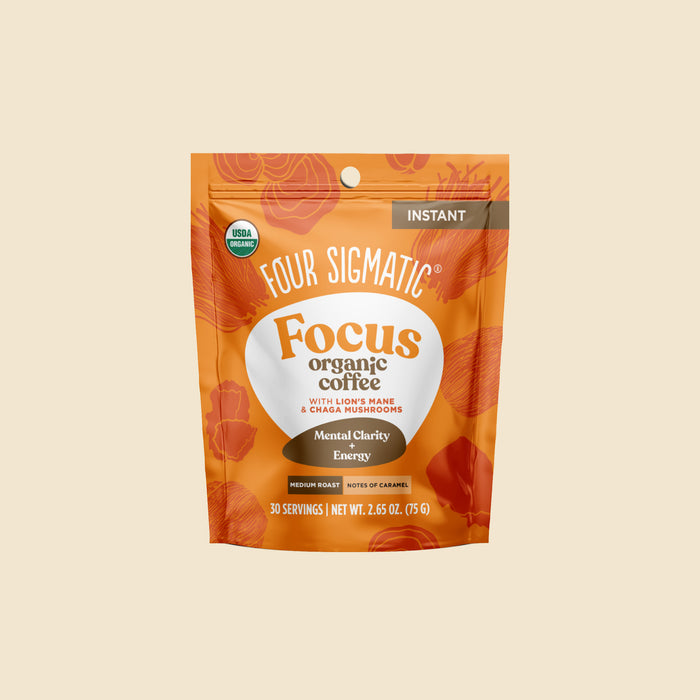
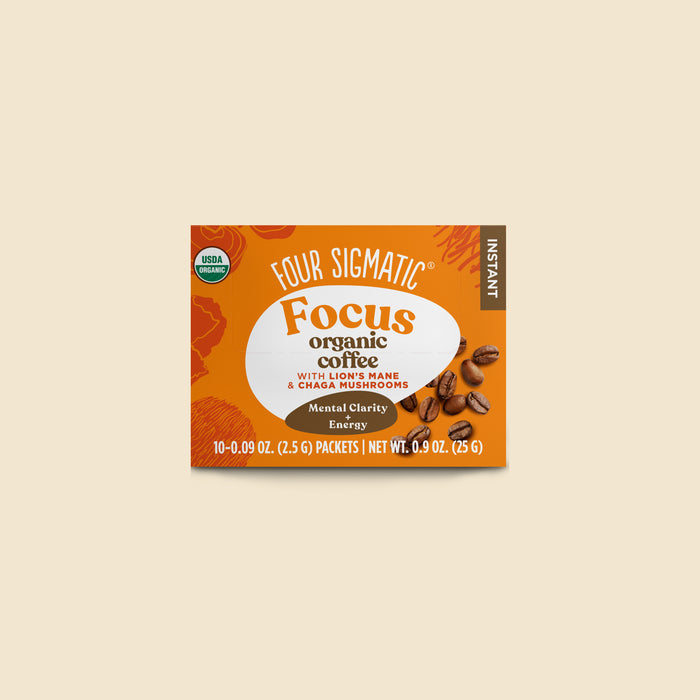
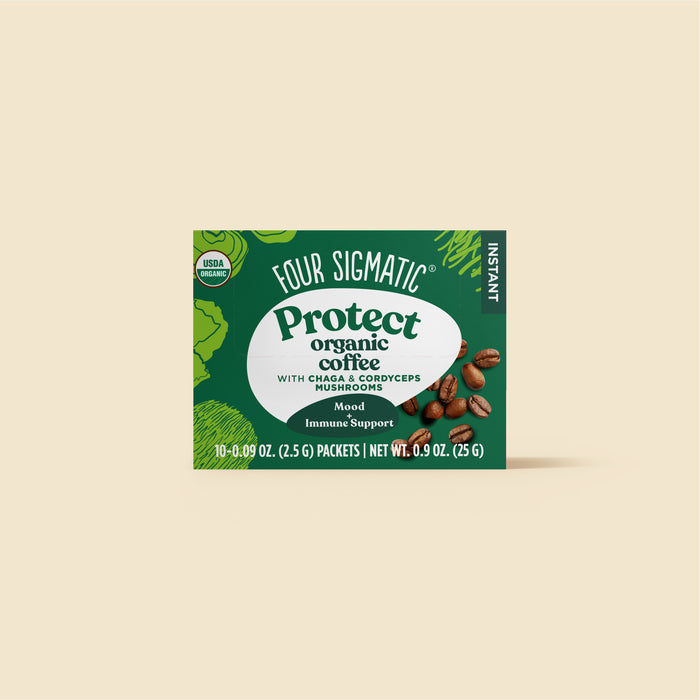
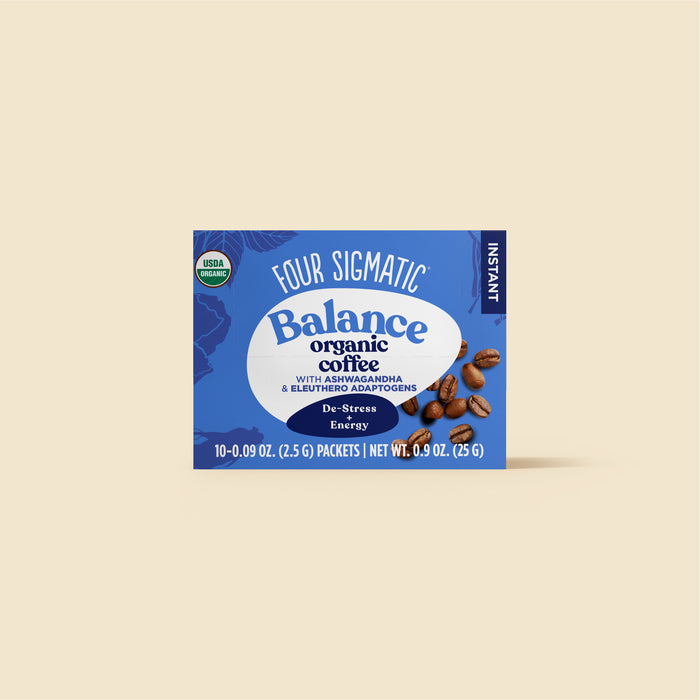
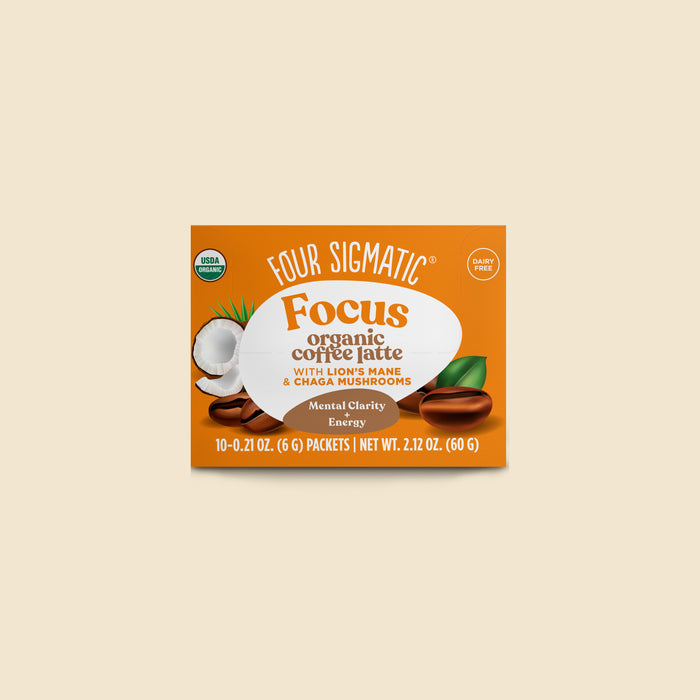
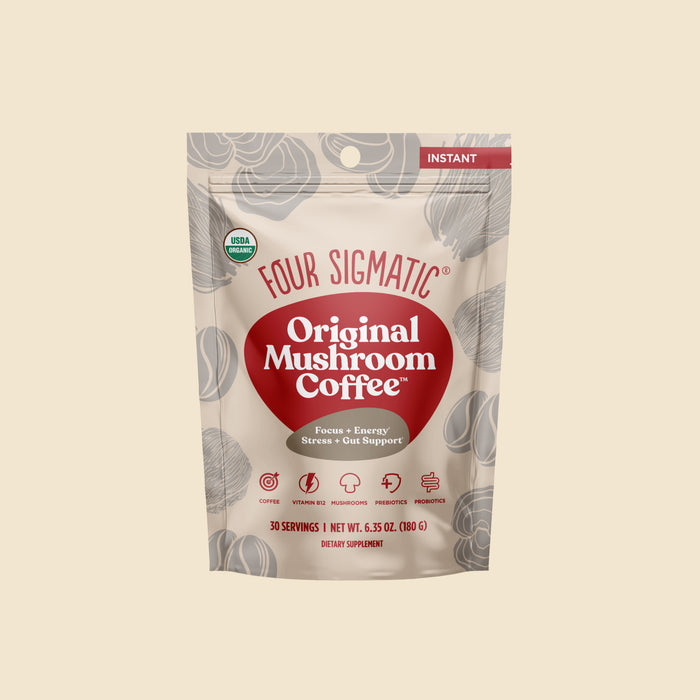
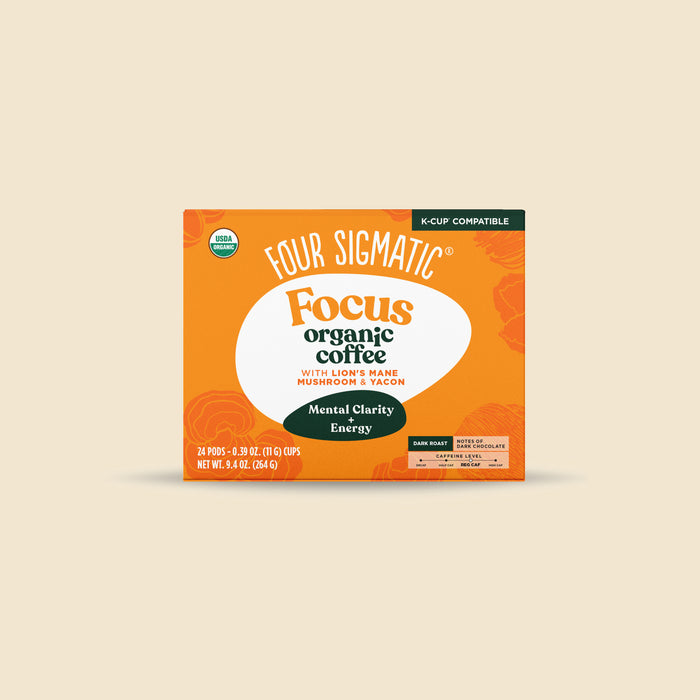
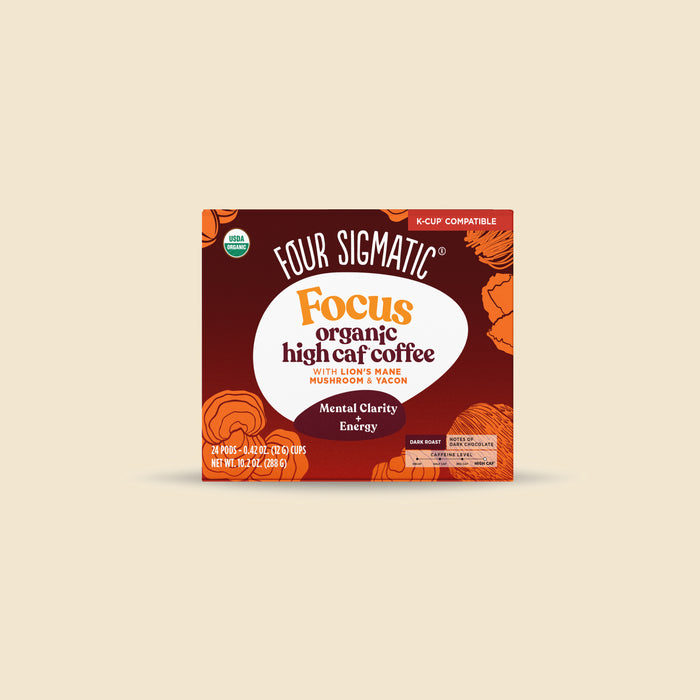
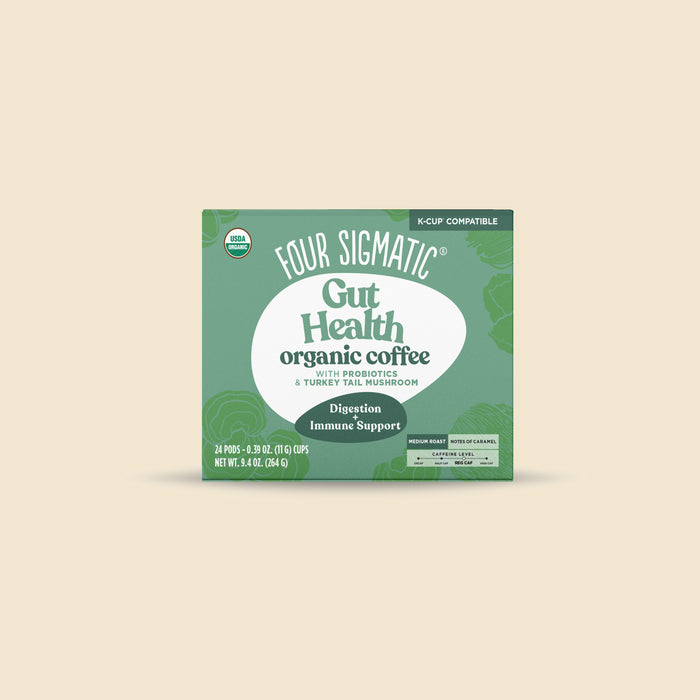
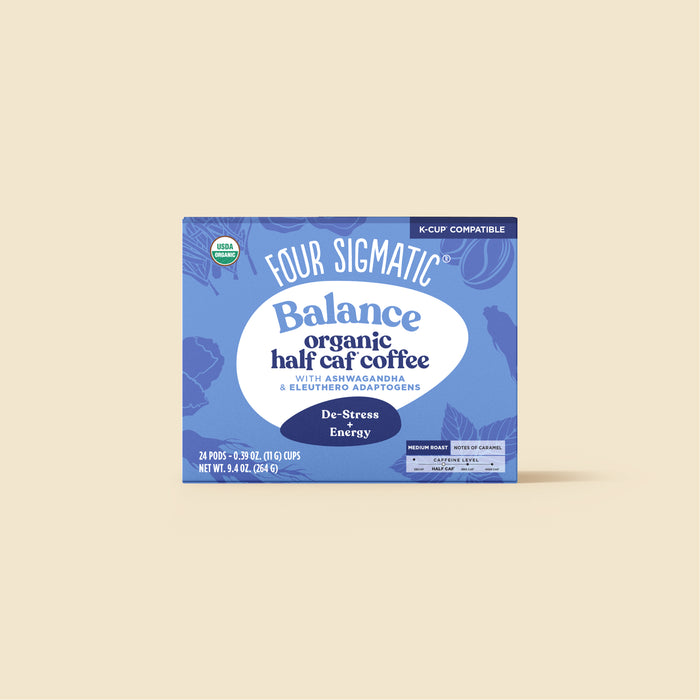
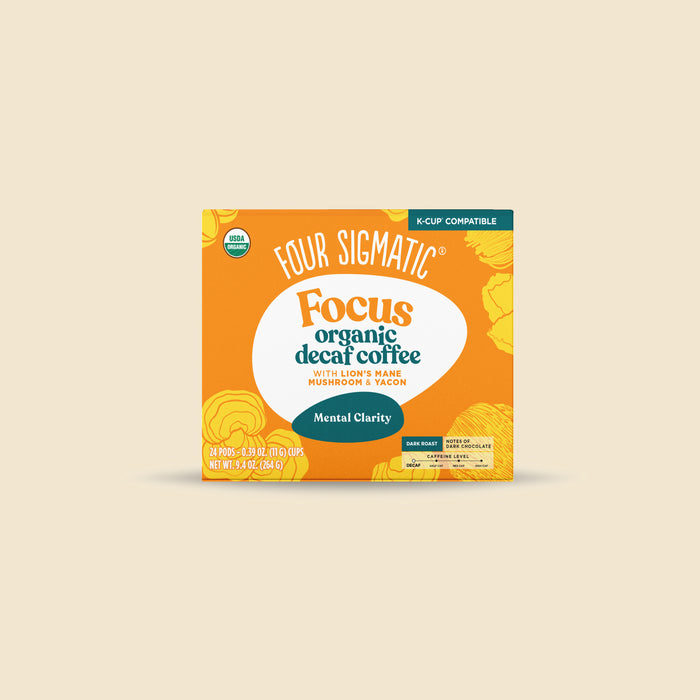


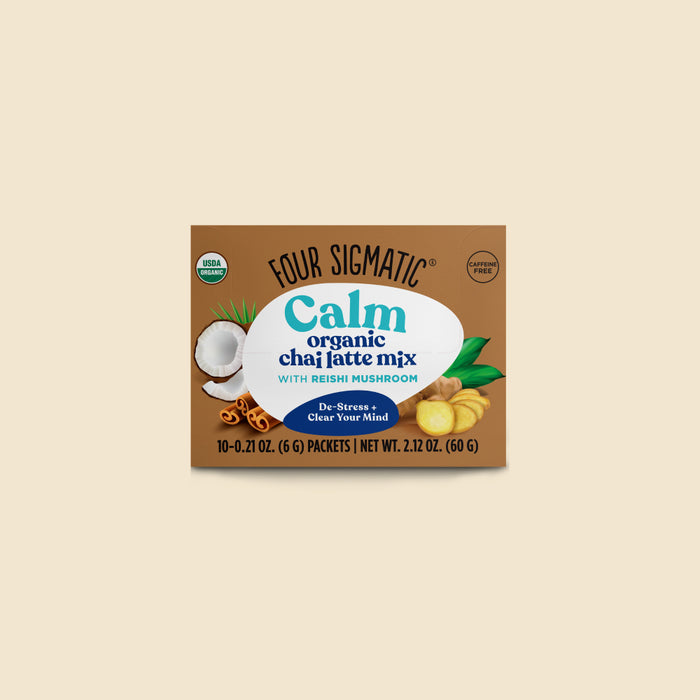

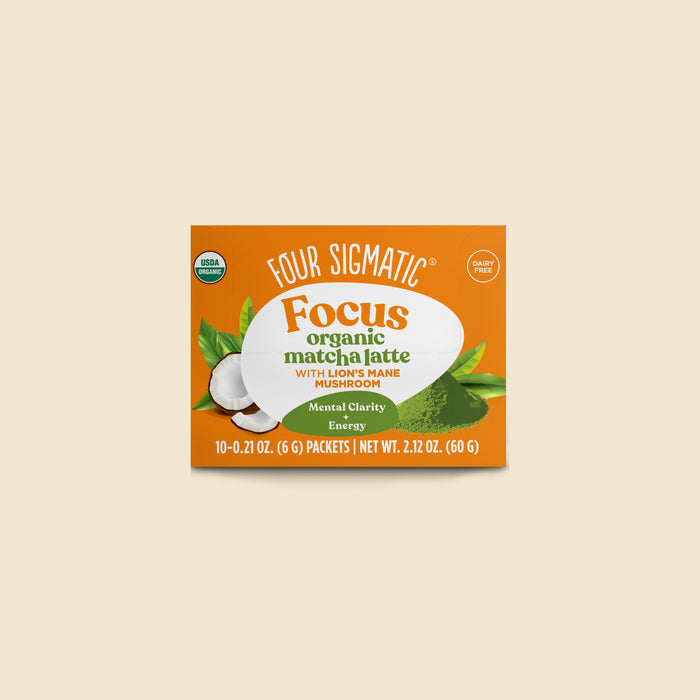
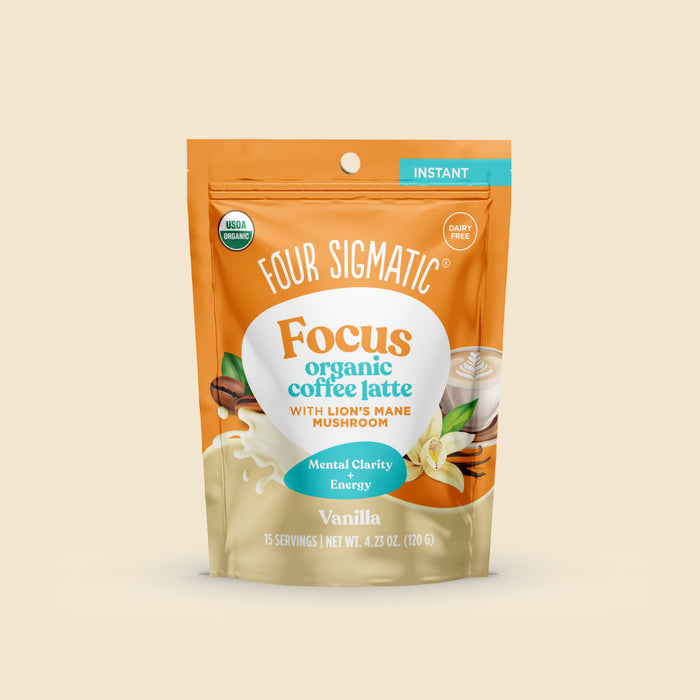
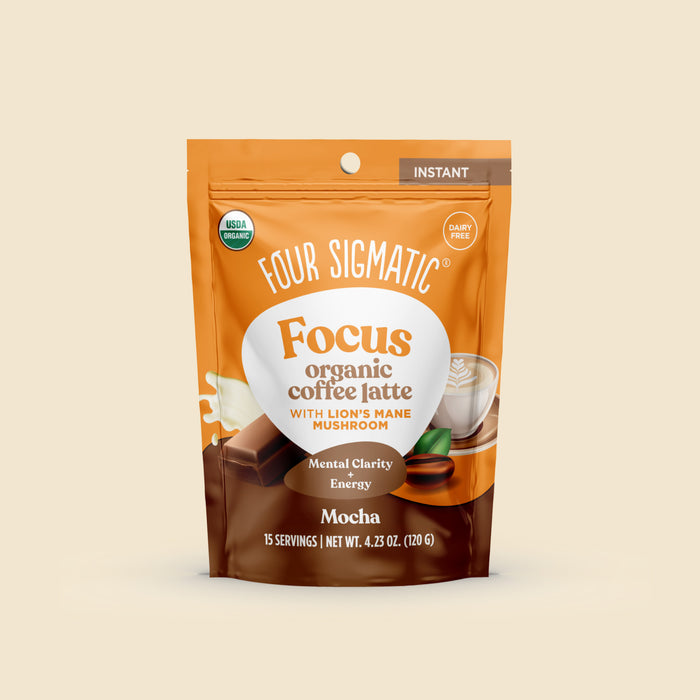
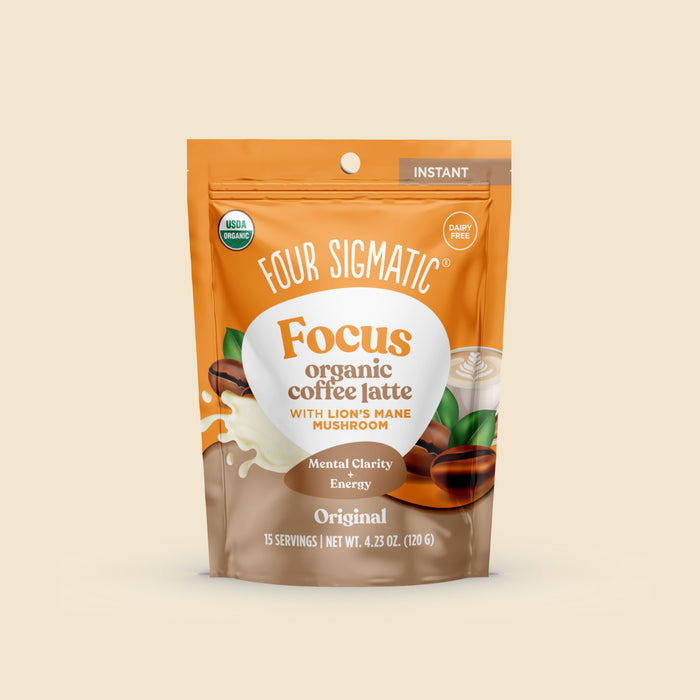
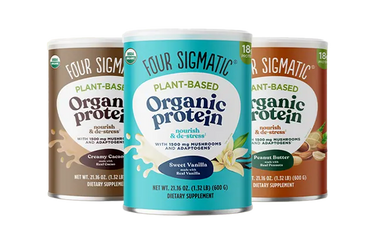 Proteins
Proteins
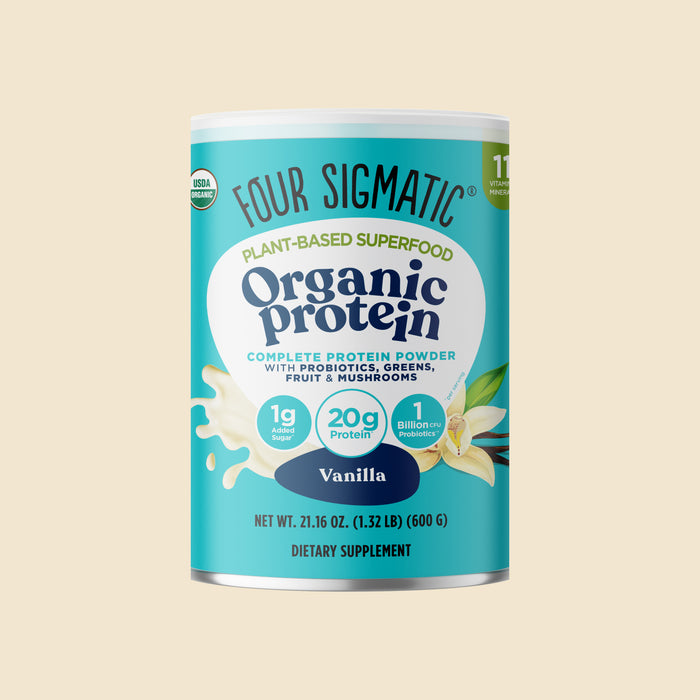
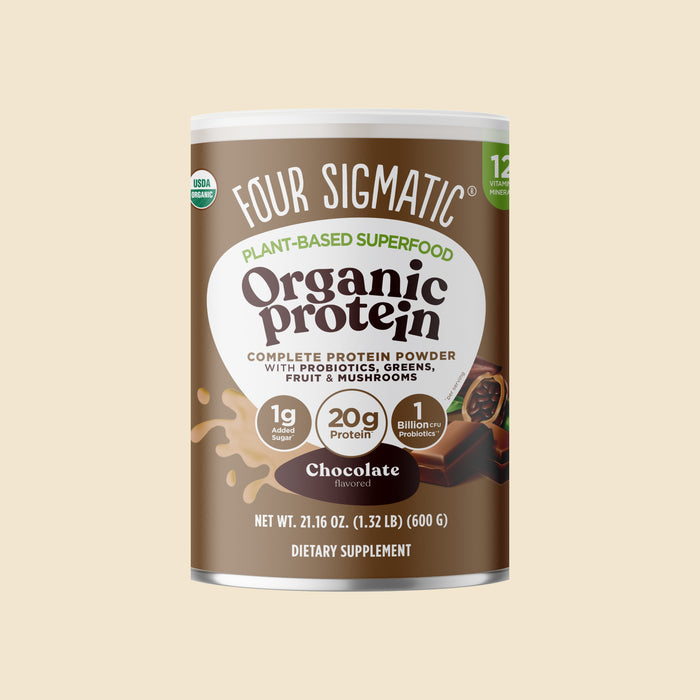
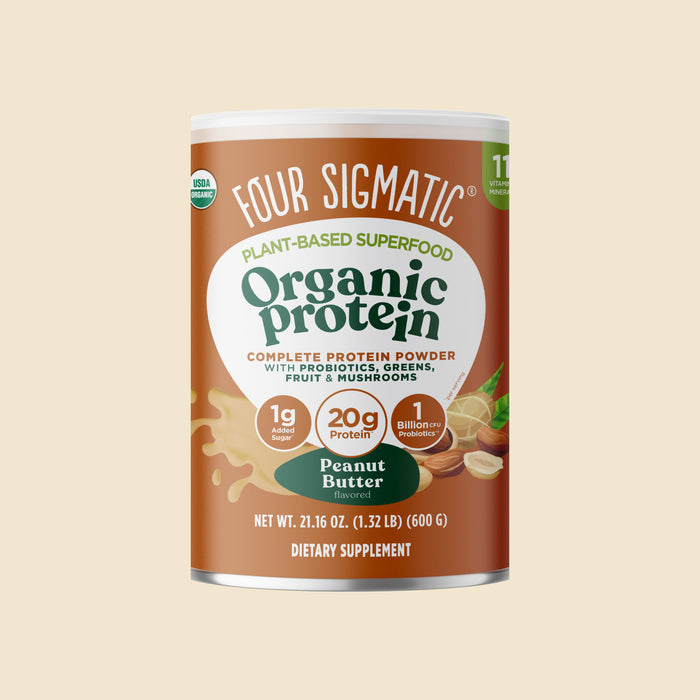
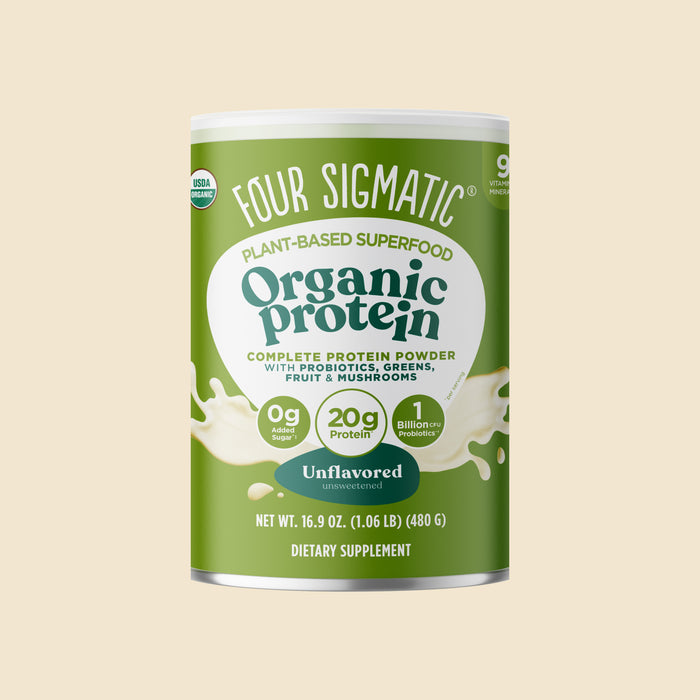
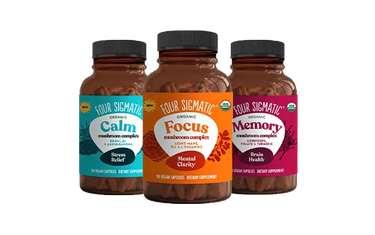 Supplements
Supplements
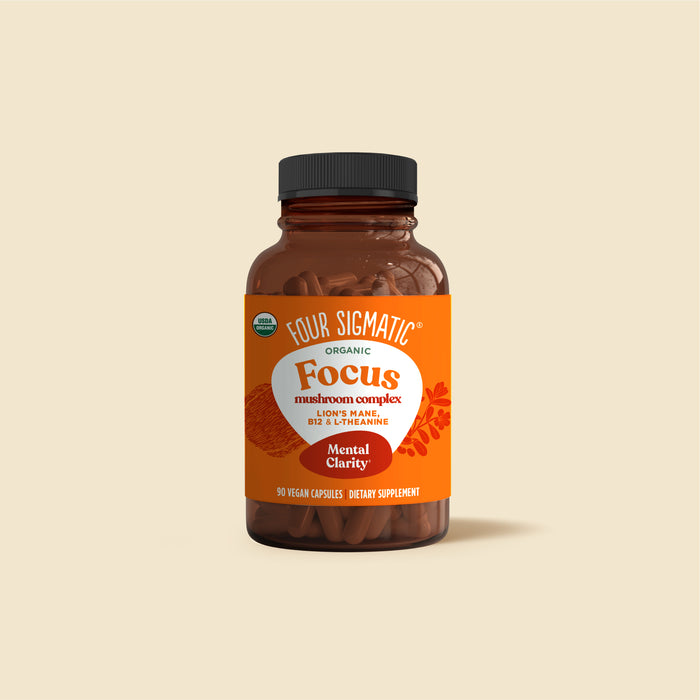
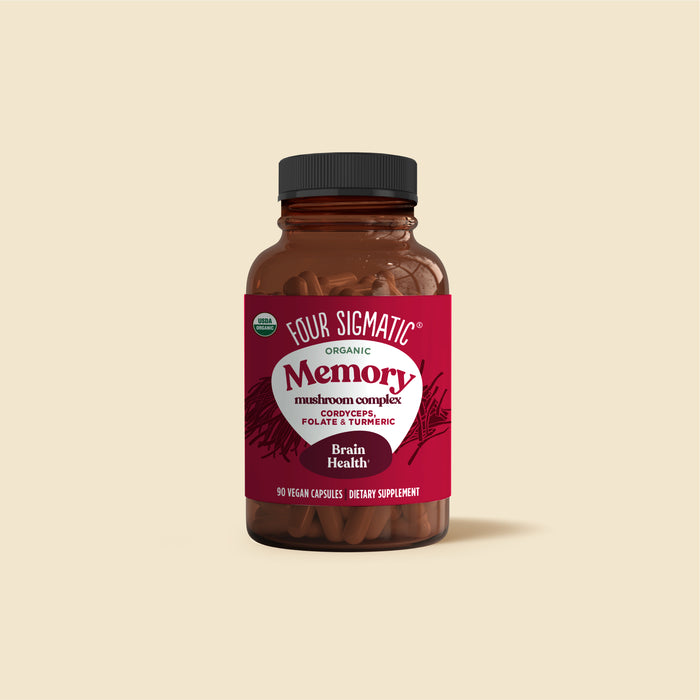
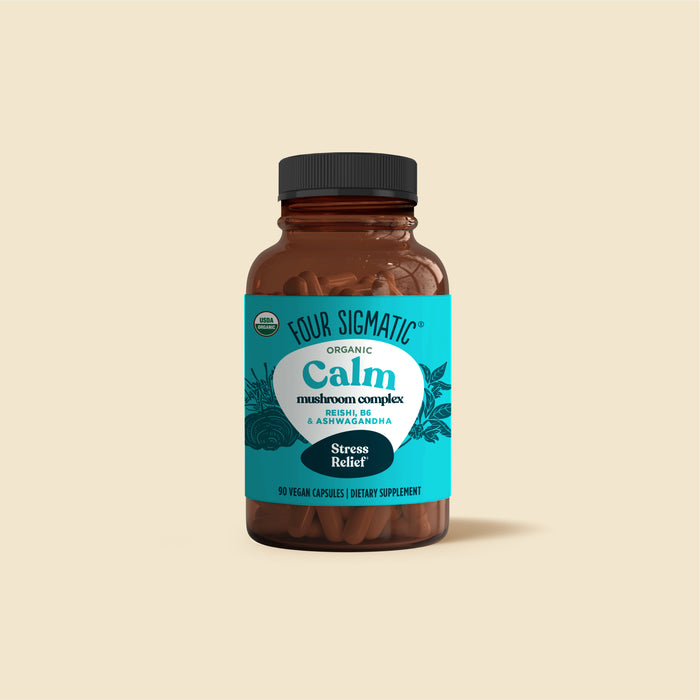
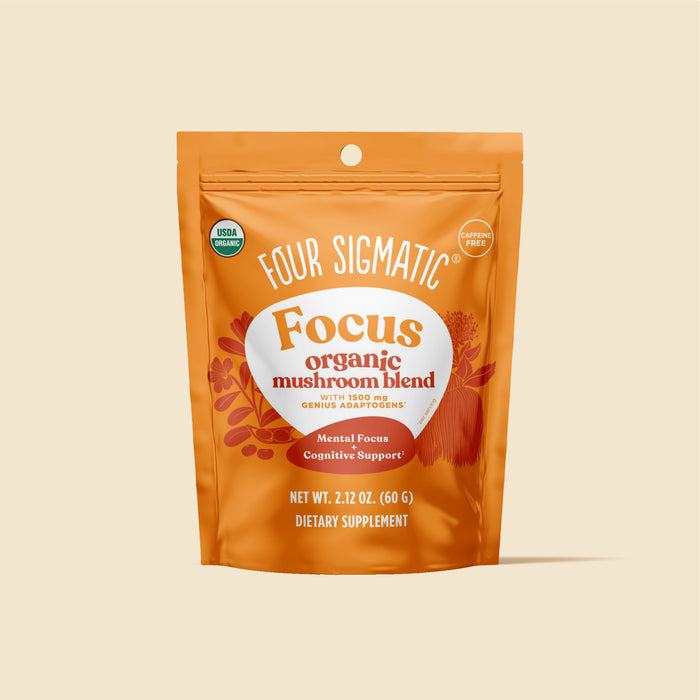
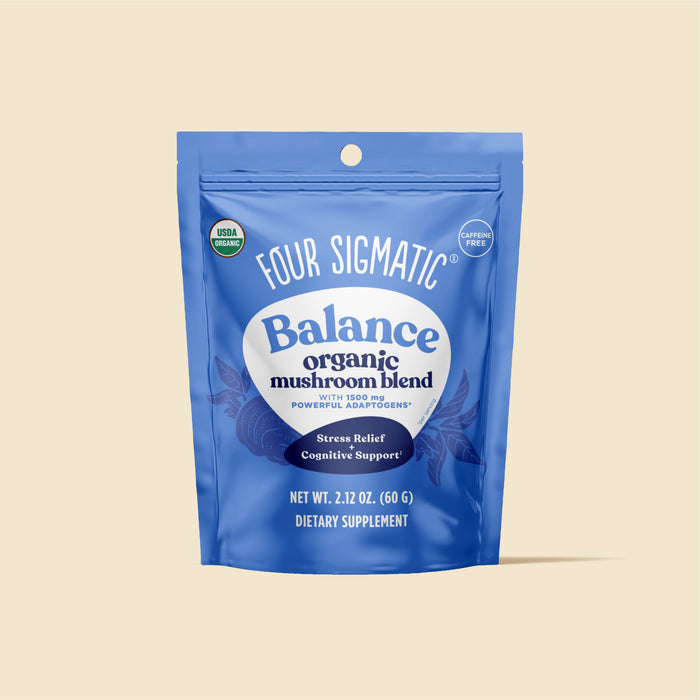
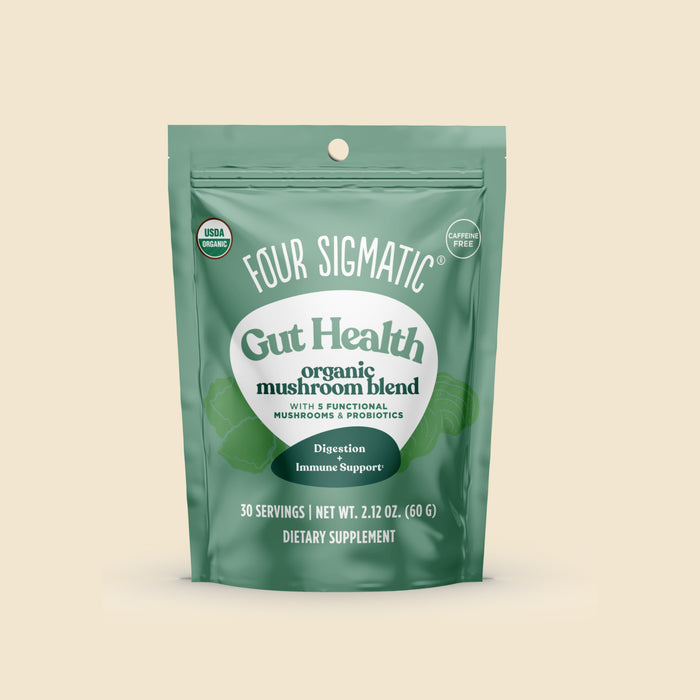
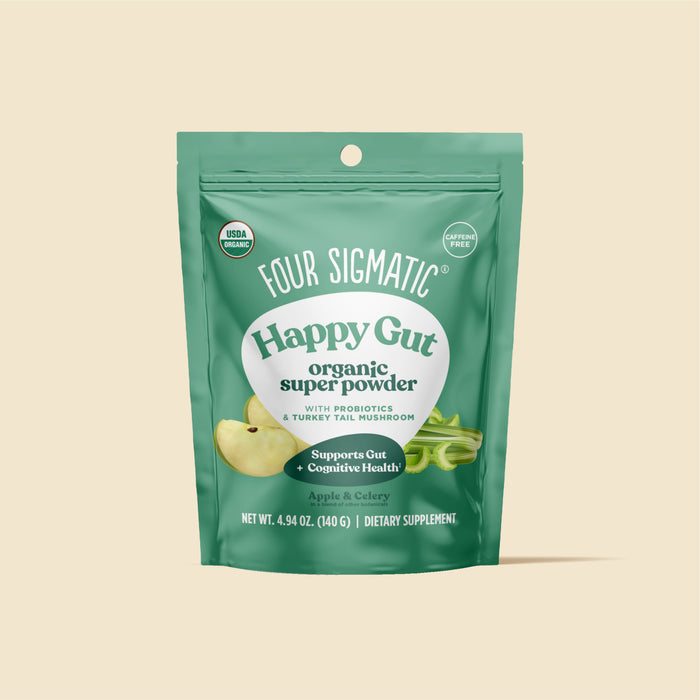
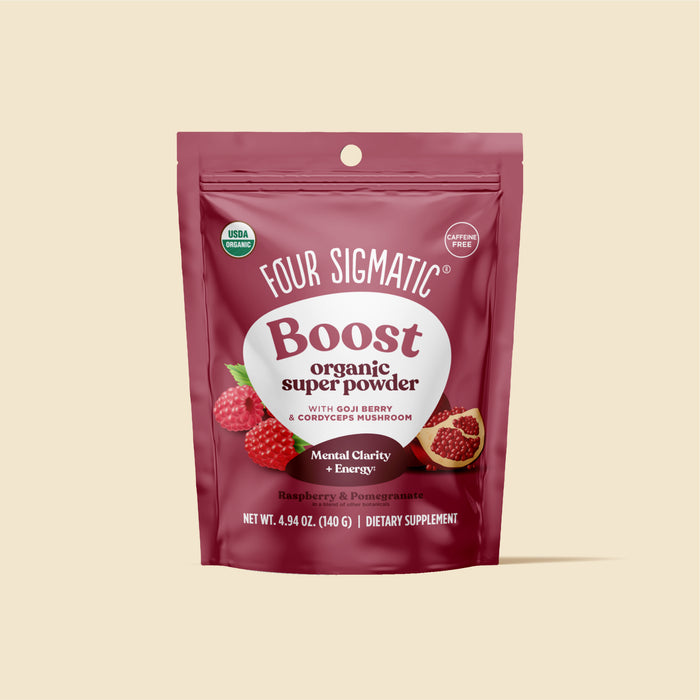
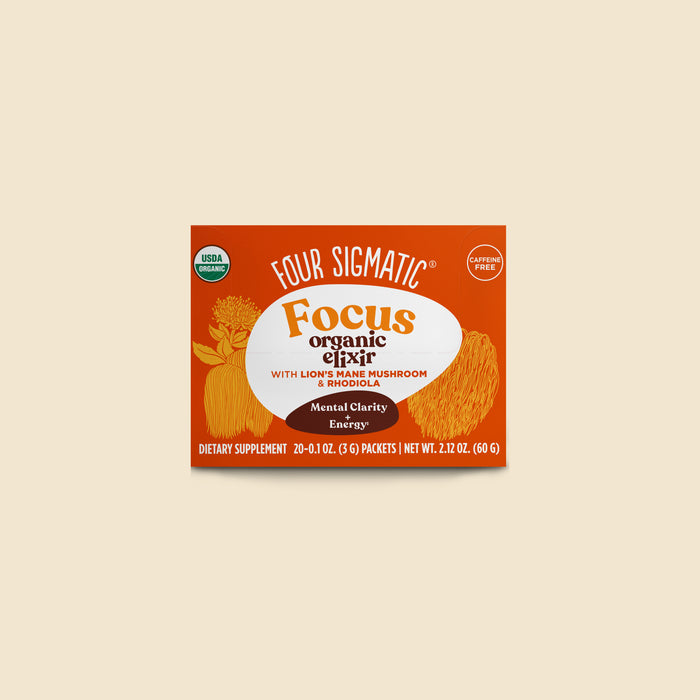
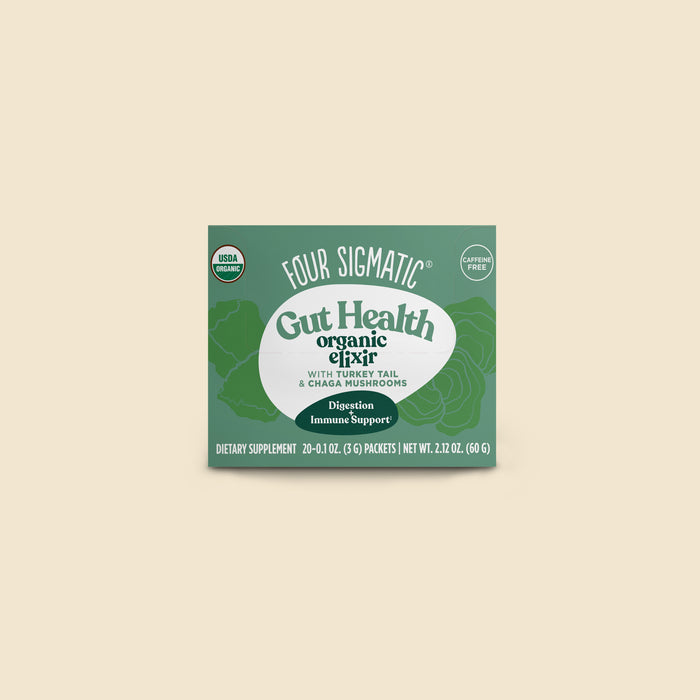
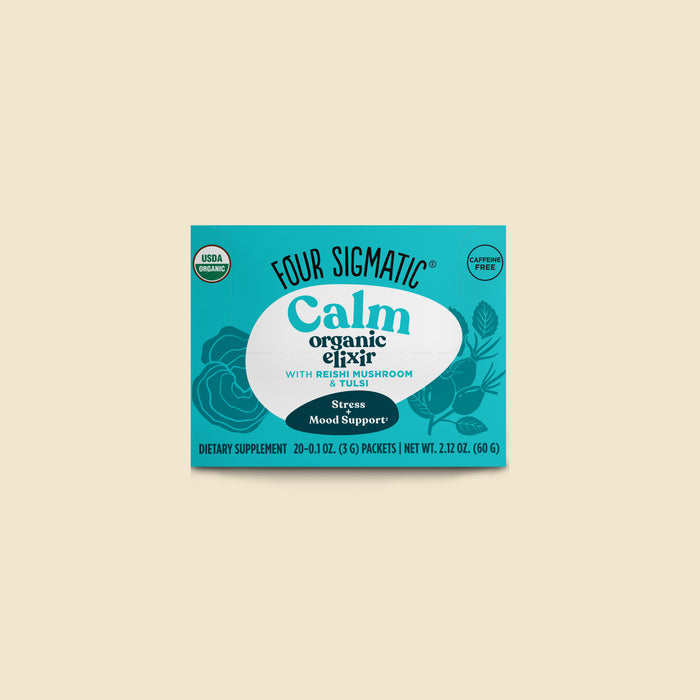
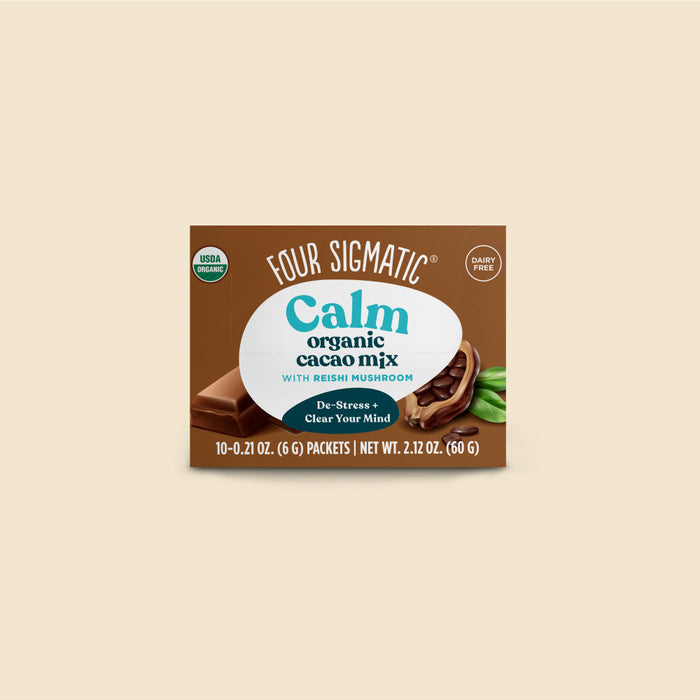
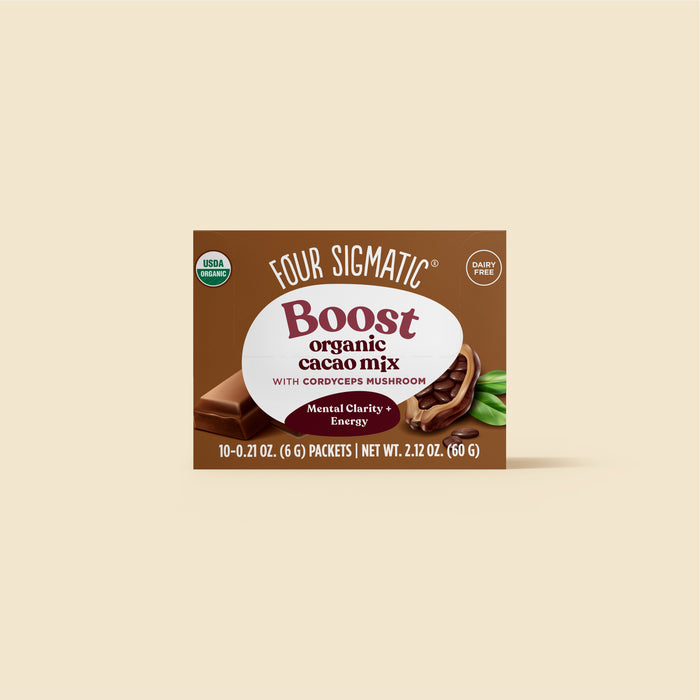
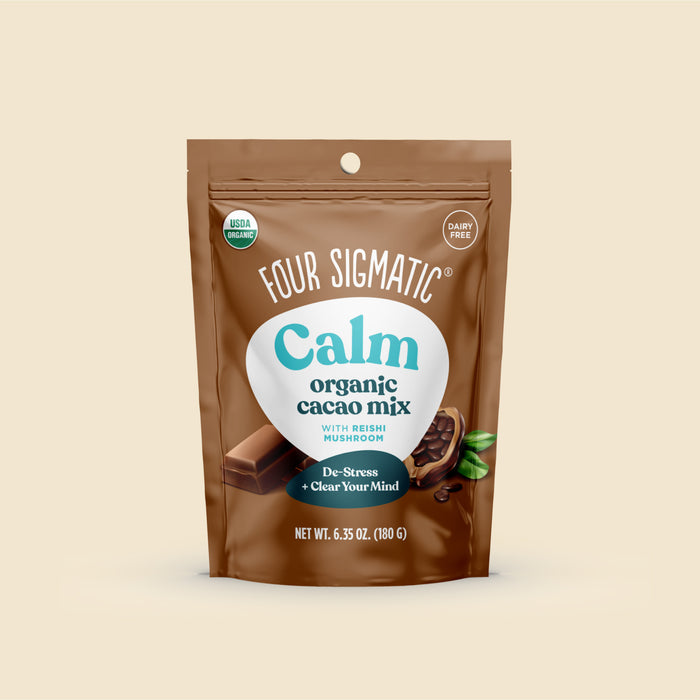
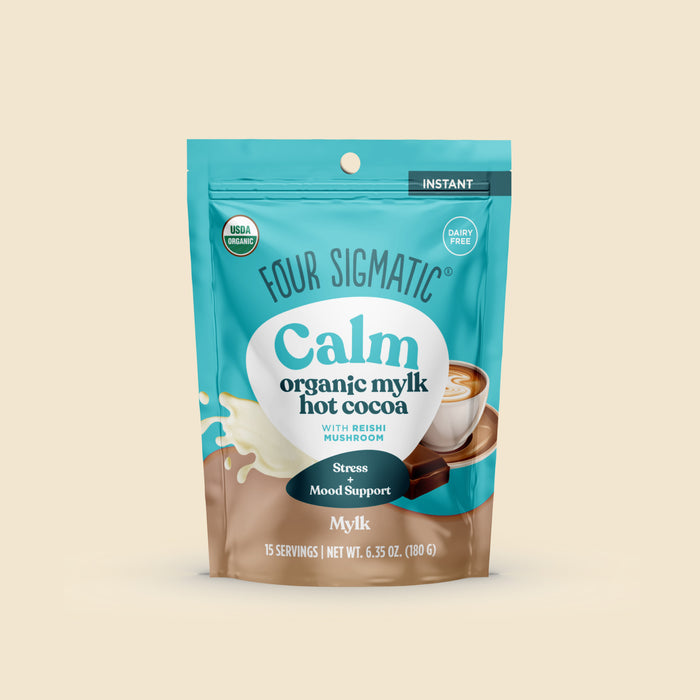
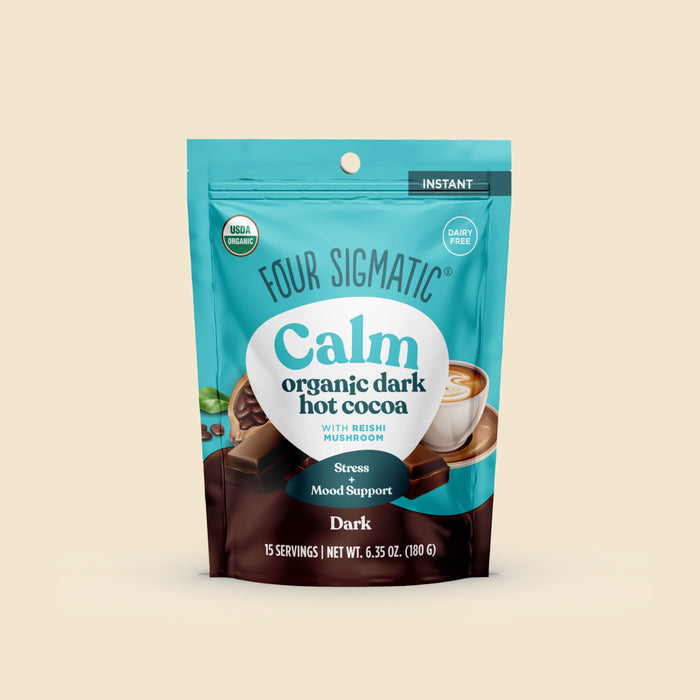
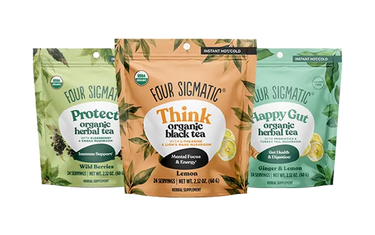 Instant Teas
Instant Teas
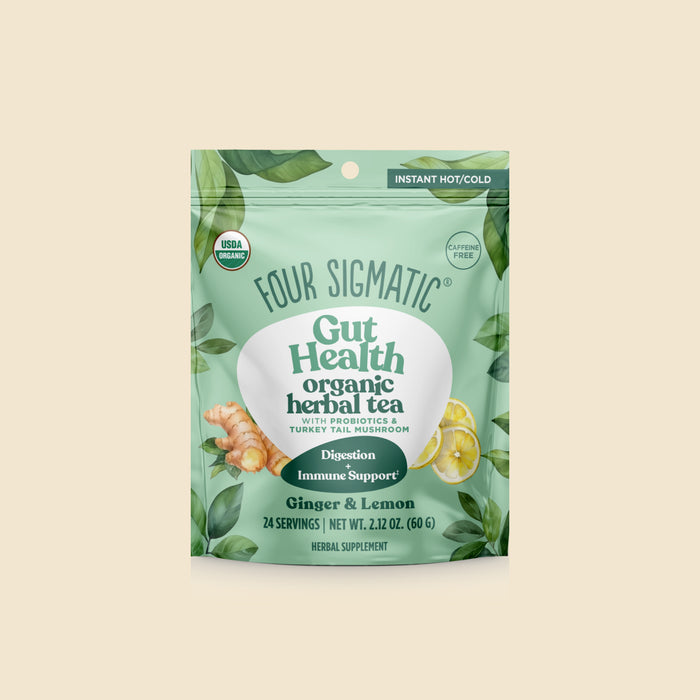
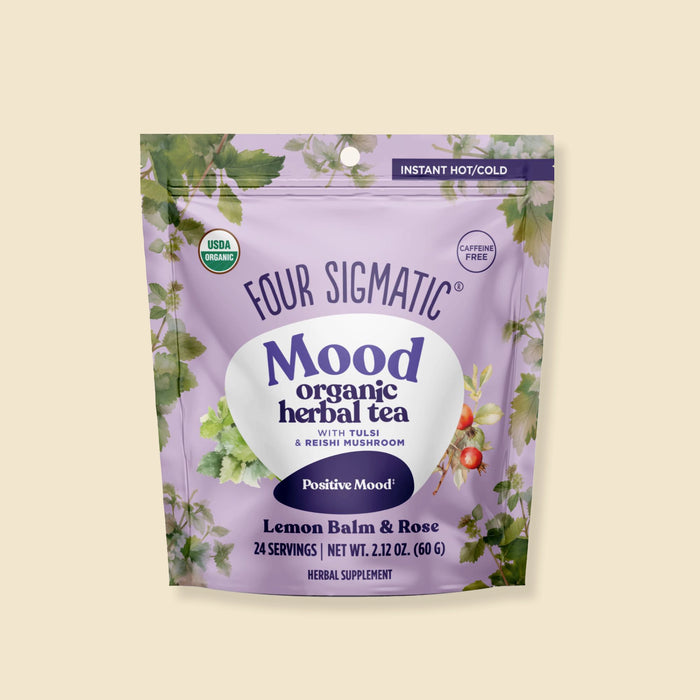
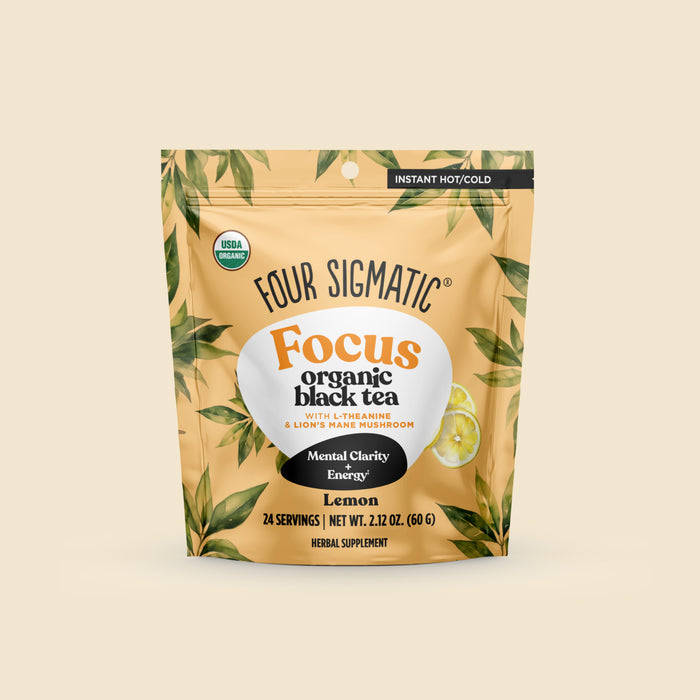
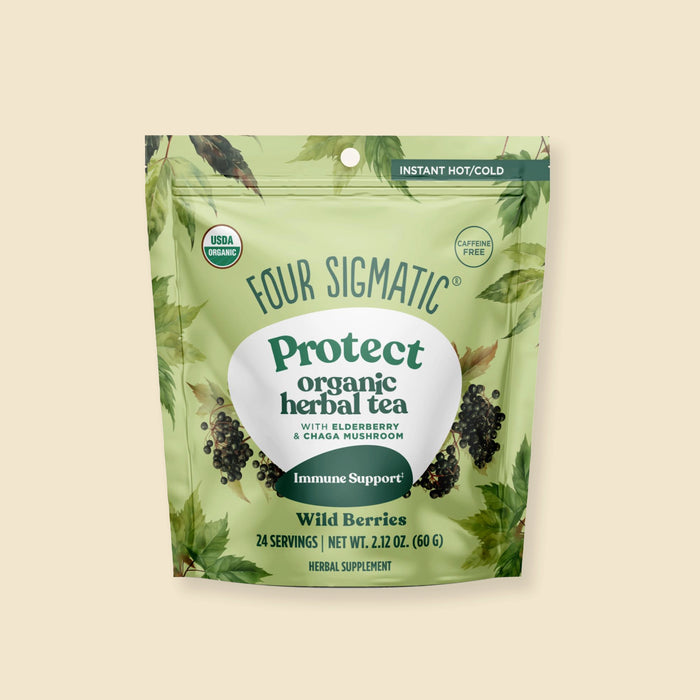
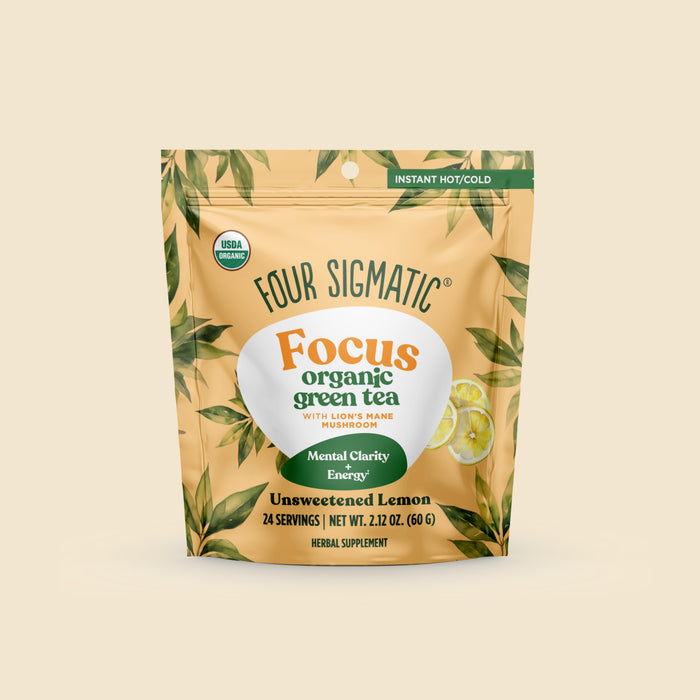
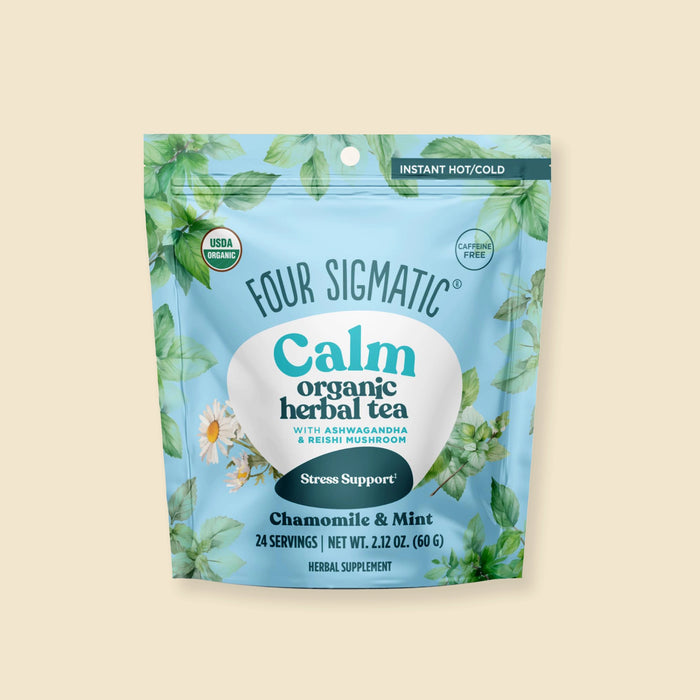
 NEW! Instant Coffee Lattes
NEW! Instant Coffee Lattes


